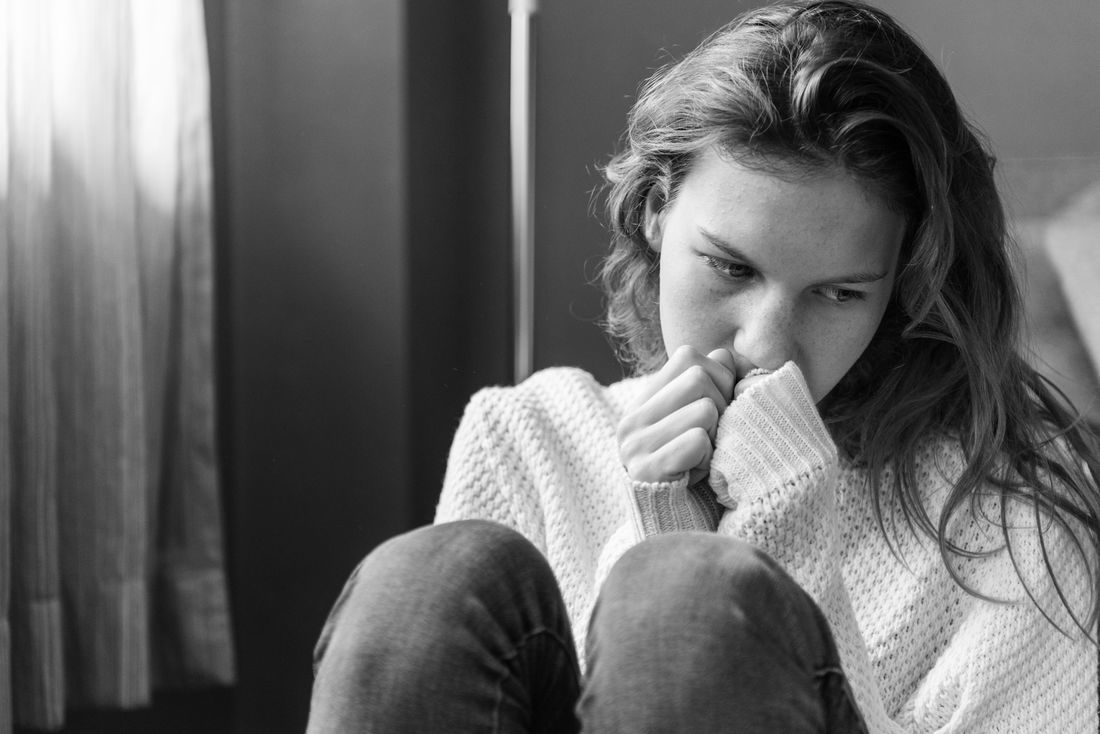Phone
1300 848 072
Address
Suite 1,
5 Jowett St,
Coomera, QLD 4209
Social anxiety is the experience of intense fear, anxiety, or dread in relation to social interaction and situations. Various labels are used to signify social anxiety, including social phobia and, when a person’s symptoms reach a particular threshold, Social Anxiety Disorder, or SAD.
People suffering from social anxiety often share a range of common fears. These fears include;

Physical symptoms of anxiety can include:
| Blushing Sweating Racing heart Heart palpitations | Sickness in the stomach Dryness of the mouth Nausea Dizziness | Difficulty breathing Shaking Chest pain Shortness of breath |
The good news is that social anxiety is treatable and most people will respond well to psychological treatment approaches for social phobia. A commonly used approach is CBT, or Cognitive Behavioural Therapy. Some of the main components of CBT include:
Cognitive therapy: The way we think about social situations and their consequences has a high impact on our willingness to enter these situations and on our anxiety levels as we enter these situations. If, before entering a social situation, I think to myself, “I’m going to look like a fool, I won’t know what to say, and people will see how anxious I am”, then chances are I will experience a high degree of discomfort before or during the event. Working with our thoughts to be more realistic and rational is one way to reduce the anxiety of social situations.
Relaxation training: When we become anxious, our body speeds up. Our heart rate and breathing can increase, our palms may become sweaty, our vision may change or become altered, you might feel sick in the stomach, have a dry mouth, etc. All of these experiences are the results of the fight or flight response. By learning relaxation, mindfulness training, and grounding techniques, you can have a tool at your disposal to help manage the physiological symptoms of anxiety.
Exposure therapy: When we find something to be scary or fear inducing, we tend to avoid it. Unfortunately, this cements our beliefs that we can’t manage what we most fear and maintains our fear reaction to that particular thing or event. Usually though, when we approach what we most fear we often find that it was easier to manage than expected, that no catastrophe occurred, and that we performed as adequately as we needed to. Done at a manageable pace, and in the right way, exposure therapy and confronting situations that you have previously avoided can lead to vastly reduced future anxiety around those events.
Behavioural experiments: People experiencing social phobia often hold ideas about themselves and others, and behave in certain ways, that perpetuate their fears. Someone may hold a belief that “everyone” looks at me when I’m at the shopping centre, and therefore, if I do something silly “everyone” will notice. From here their behaviour can change, they may rush in and out of the situation as quickly as possible. In this case a behavioural experiment may be set up where a person visits a shopping centre to test out how many people actually look their way, and similarly, how many people don’t even seem to notice that they’re there at all. By setting up behavioural experiments to test out these ideas, people often create new beliefs and ideas, that lead to behave change and will help you to get rid of social anxiety.
Psychotherapy is an effective treatment for anxiety that is well supported by research.
Click here to take a test of your current levels of psychological distress.
If you would like more information about social anxiety, you can contact MHM Psychology on 1300 848 072.